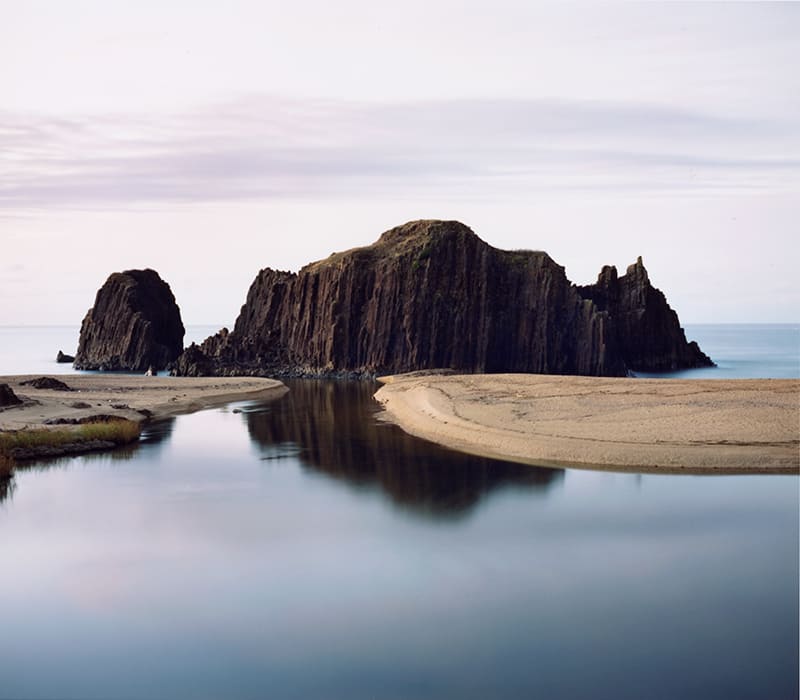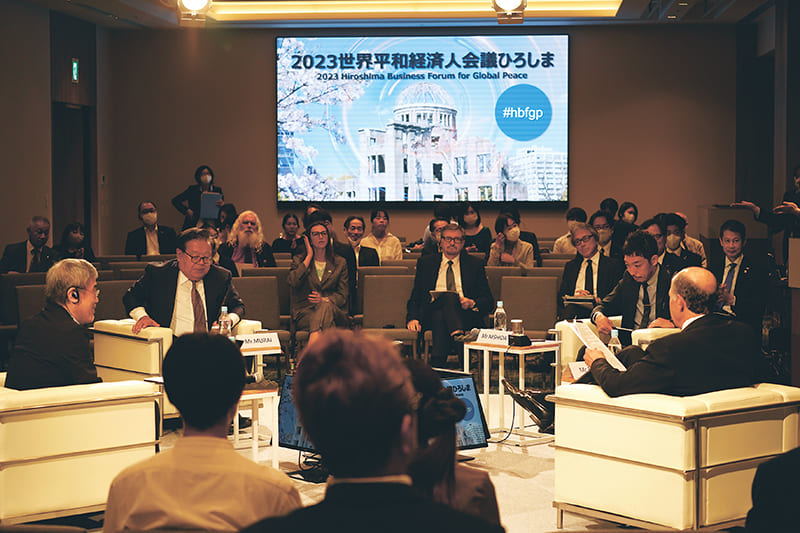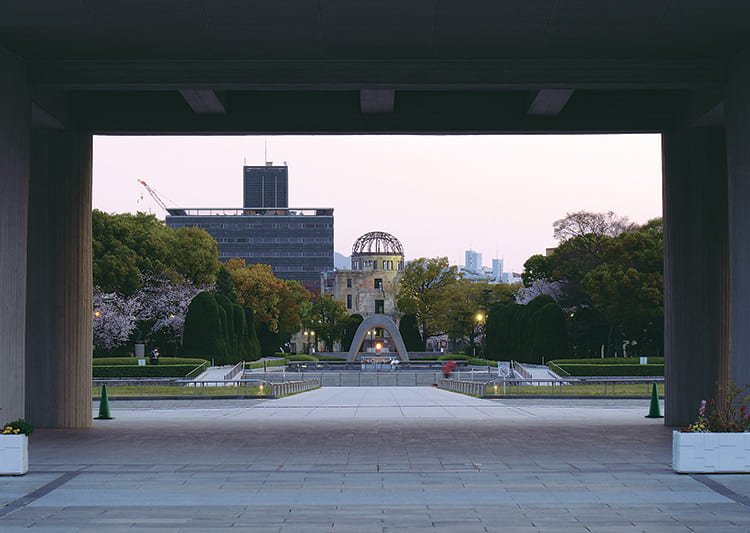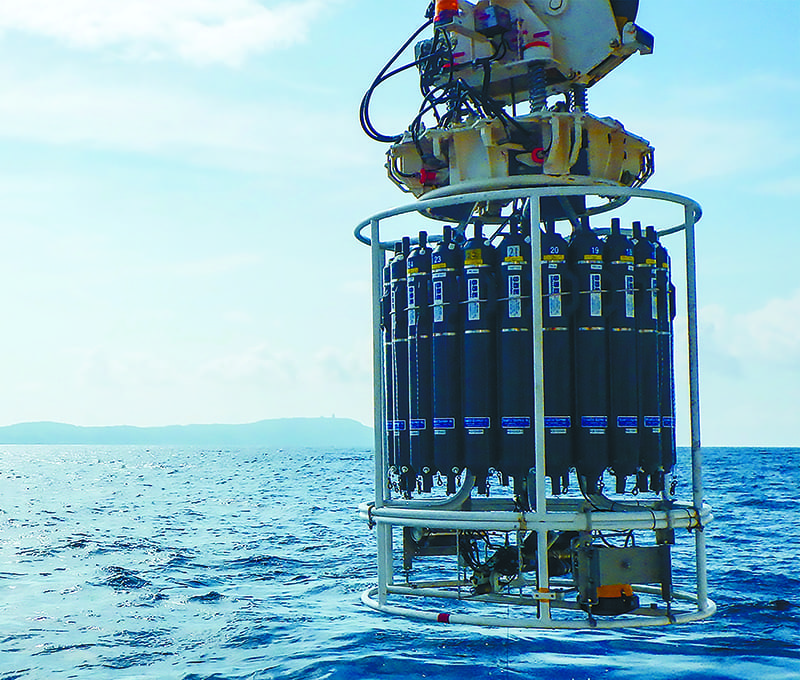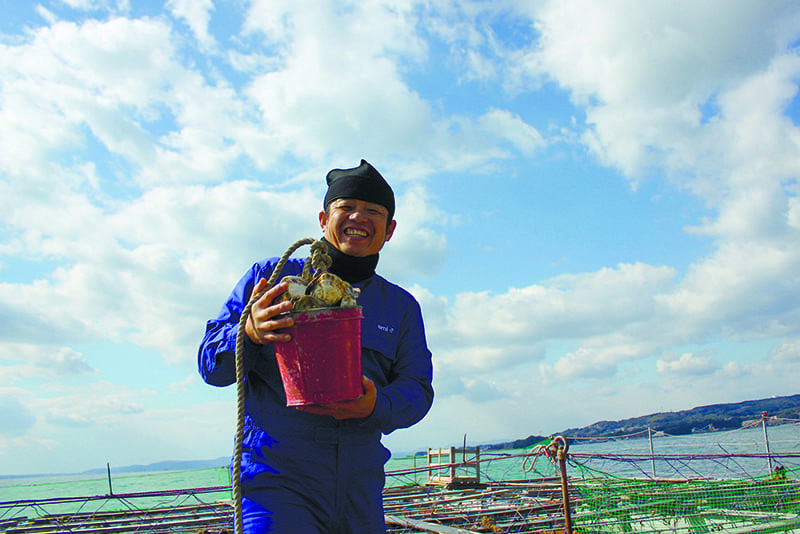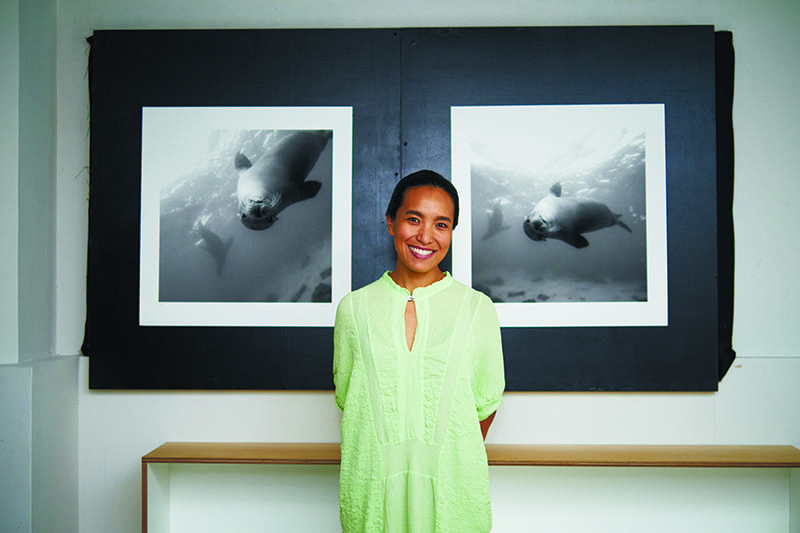August 30, 2024
Sasakawa works for a sustainable blue economy
INTERVIEW
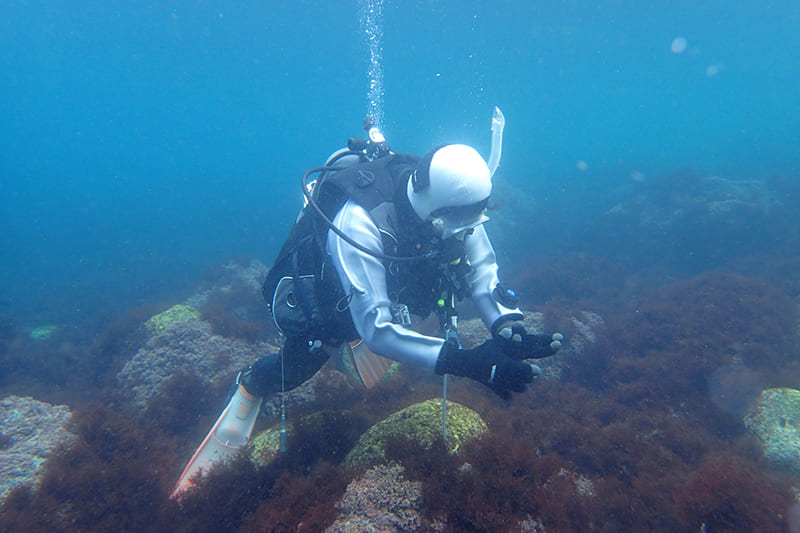
COURTESY: THE SASAKAWA PEACE FOUNDATION
Japan is not large, at 380,000 square kilometers of land area, but add in its territorial waters and exclusive economic zones and it encompasses 4.47 million square kilometers, ranking sixth in the world, following the United States, Australia, Indonesia, New Zealand and Canada, according to the Japanese government. The sea is an integral part of the island nation’s economy and culture, which are based in many ways on benefits derived from the sea. Take sushi, for example. The tradition of eating raw fish, now loved by people all over the world, is grounded in the abundant marine resources surrounding Japan.
The oceans are, of course, the common property of humankind, but they are now facing a critical situation. The “Special Report on the Ocean and Cryosphere in a Changing Climate,” presented at the 51st Session of the Intergovernmental Panel on Climate Change in 2019, noted that marine ecosystems already appeared to have passed a tipping point. The entire planet is in a state of crisis, and the warning bells are ringing: “The actions we choose now will determine our future,” the report said.
In the face of these challenges, one private organization is at the vanguard of research addressing problems and issues related to the oceans, from both a policy and scientific standpoint: the Sasakawa Peace Foundation, established in 1986 to promote international exchange and cooperation. One of its five goals is the “realization of a peaceful world through the ocean.” To this end, it conducts research and development, policy dialogue and public awareness activities. We spoke with Atsushi Sunami, president of the foundation, about its efforts and methodologies for solving the environmental issues facing the oceans.
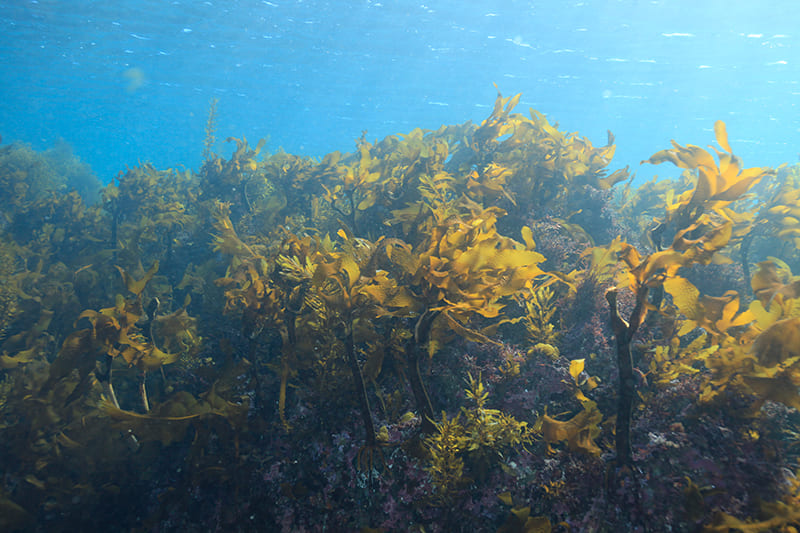
COURTESY: THE SASAKAWA PEACE FOUNDATION
“Considering ocean issues from an environmental perspective, our goal is to realize a sustainable ‘blue economy.’ The blue economy is a concept that aims for economic development while preserving the marine environment through the sustainable use of marine resources. In a sense, we are trying to strike a balance between the ‘use’ of the ocean, through the harvesting of fish and so on, and the ‘conservation’ of the marine environment while at the same time protecting the environment and livelihoods of those who depend on the ocean,” Sunami said.
“One of the various initiatives we are undertaking to realize the blue economy is blue carbon credit system called ‘J Blue Credit’ ” he said. “Developed with experts and with the approval of the Japanese government, the system establishes carbon credits based on the regeneration of seaweed to reduce CO2. Instead of planting trees to reduce CO2, companies can regenerate seaweed forests. This is the J Blue Credit system. The idea is to include seaweed regeneration in the credit system and then use the funds from emissions trading for environmental conservation or to fund more seaweed restoration.
“The concept of blue carbon credits has existed for some time, but in order to make it operational, we had to produce scientific evidence showing how much CO2 could be absorbed by a certain amount of seaweed. We have now been able to do this. Our next step is to expand the system to all parts of Japan and to roll it out overseas. We are already in talks with ASEAN countries like Indonesia, the Philippines and Malaysia.”
The foundation is also advancing the project through research into technologies for the propagation of seaweed and workshops with seaweed experts in Japan and abroad.
Another of the foundation’s initiatives is what it calls “umigyō,” a strategy for regional revitalization that leverages local fishing ports and villages to deliver nonfishing activities like tourism, education and leisure.
“Umigyō is a policy the foundation has been promoting with the Liberal Democratic Party since 2022,” Sunami explained. “It aims to make wider use of fishing ports, not only to catch and sell fish, but also to support vibrant new businesses like restaurants and tourism operations. This will allow fishing associations and fishers to develop new businesses.
“However, it requires changes to regulations and the status quo. For example, the Fisheries Agency, which manages fishing ports, could be encouraged to allow more flexible use of fishing ports so they could house restaurants, or multiple fishing associations covering small areas could be united to revitalize an entire region. The goal is to promote the diversification of the fishing industry to a more general maritime industry.
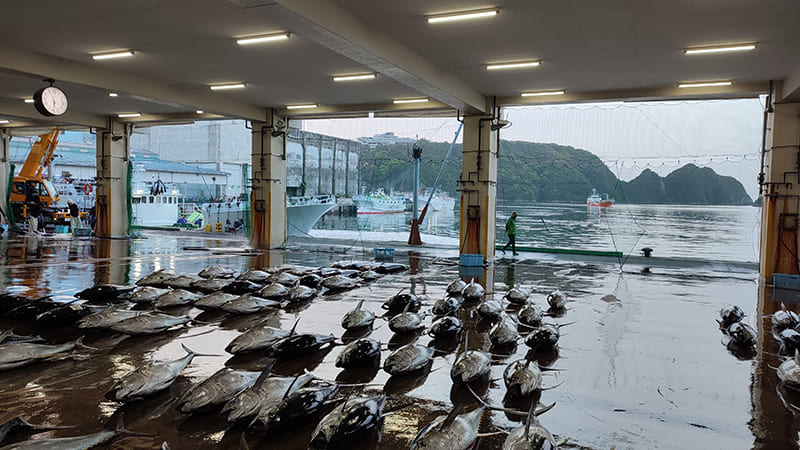
COURTESY: THE SASAKAWA PEACE FOUNDATION
“Currently, we are researching successful examples in Japan and other countries, proposing policies and conducting public relations activities to promote understanding of these policies with as many people as possible. We are also working to launch this umigyō model from Japan and to make it take root overseas as well.”
When it comes to such wide-ranging reform, private groups like the Sasakawa Peace Foundation can play an important role due to their strong relationships of trust with the government and other stakeholders. They can bring together the Ministry of Land, Infrastructure, Transport and Tourism, which has jurisdiction over surrounding ports and roads, along with the Fisheries Agency, which manages fishing ports, making possible measures that go beyond piecemeal administrative frameworks. This approach can help move new policies forward toward realization.
The issues facing oceans are as boundless as they are. And, unless they can be solved through initiatives like the blue economy, they could have significant ramifications for Japan’s economy and society as a whole. With the oceans accounting for 70% of the Earth’s surface, everyone has a stake in these issues. The Sasakawa Peace Foundation is but one organization among many trying to make a difference, but its work seems to have real potential.
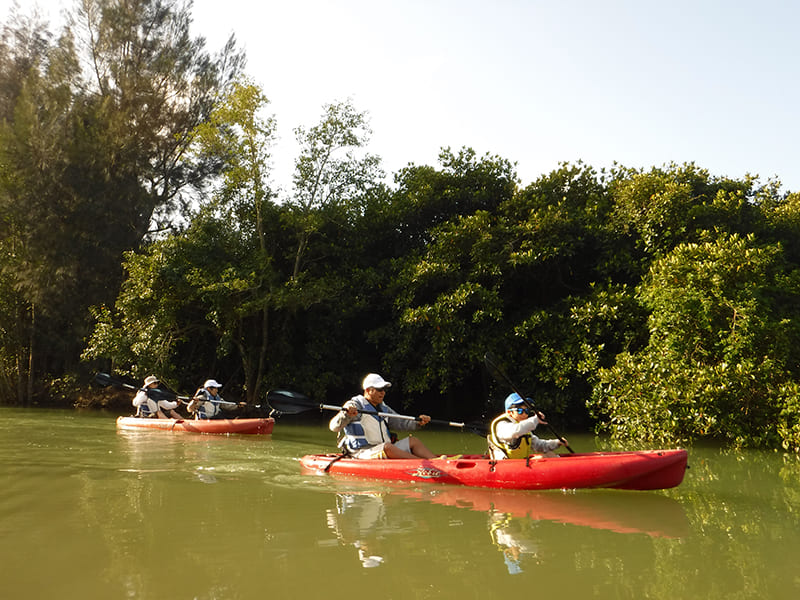
COURTESY: THE SASAKAWA PEACE FOUNDATION
THE SASAKAWA PEACE FOUNDATION
Established in September 1986 as a private nonprofit grant-making foundation with endowments from the Nippon Foundation and the Japanese motorboat racing industry, the Sasakawa Peace Foundation became a public interest incorporated foundation in October 2011. In April 2015 it merged with the Ship & Ocean Foundation (commonly known as the Ocean Policy Research Foundation, formerly the Japan Foundation for Shipbuilding Advancement), which had been established in 1975 to promote the shipbuilding industry and related industries. After the merger, the Ocean Policy Research Institute took over the Sasakawa Peace Foundation’s work in international exchange and cooperation, along with the Ocean Policy Research Foundation’s work in research, surveys and policy proposals. The Sasakawa Peace Foundation is currently headed by Yohei Sasakawa as honorary chairman (who is also the chairman of the Nippon Foundation) and Atsushi Sunami as president.
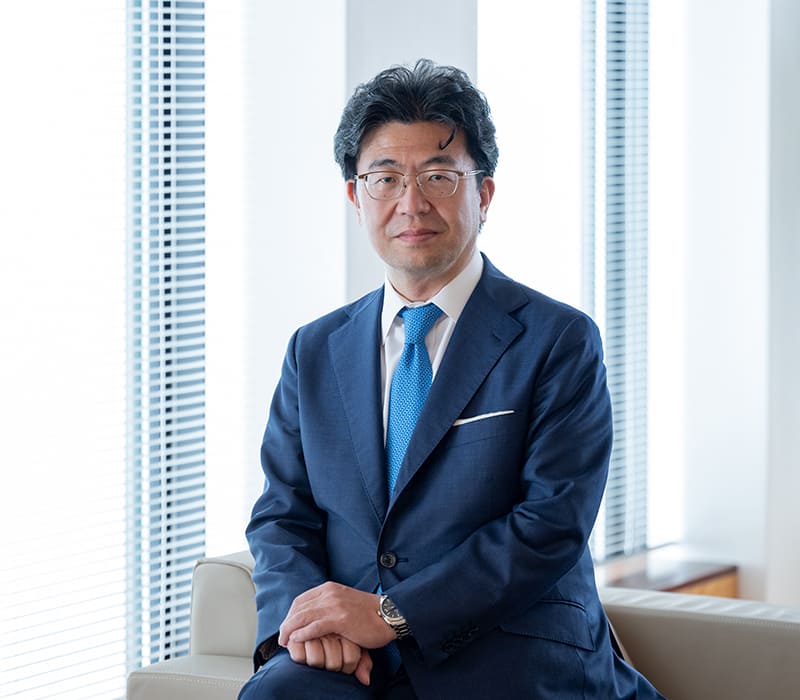
ATSUSHI SUNAMI
Sunami was born in Okayama Prefecture in 1965. He is president of the Sasakawa Peace Foundation. He is also president of the Showa University of Music, adjunct professor and special adviser to the president at the National Graduate Institute for Policy Studies (GRIPS) and guest professor at the Research Organization for Nano & Life Innovation at Waseda University. Within the Cabinet Office, he has served as counselor and is now chair of the Okinawa Development Council, a member of the Economic Security Legislation Council, a member of the Basic Policy Group under the Committee on National Space Policy and a member of the Expert Committee on Science, Technology and Innovation. He is vice president of the Japanese National Commission for UNESCO. In the private sector, he serves as co-chairman of the Nikkei Blue Ocean Forum Expert Committee, chairman of the JAXA Consortium for Satellite Earth Observation and co-chairman of the Lunar Industry Vision Council. He earned his master’s in international affairs and Ph.D. in political science from Columbia University and bachelor of science in foreign service from Georgetown University.
持続可能なブルー・エコノミー、その実現を考える。
日本の領海と排他的経済水域(EEZ)を合わせた面積は約447万km2で世界第6位。日本は海の恩恵を受け社会を発展させてきたといえる。その海が現在危機的な状況に直面している。2019年のIPCC第51回総会での「海洋・雪氷圏特別報告書」では、海洋生態系はすでに転換点を超えたとみられる現象が起き始めているとされ、「いま選ぶ行動で未来がきまる」と警鐘を鳴らしている。
海洋を巡る様々な課題に対し、「政策」と「科学技術」の両面から、海洋研究とシンクタンク活動を展開している民間団体がある。それが〈笹川平和財団〉だ。
「海洋問題を環境という視点でとらえた時、私たちが目指しているのは持続可能なブルー・エコノミーの実現です。これは海洋資源の持続的な利用を通じ海洋環境を保全しながら経済発展を目指す考え方です」と角南篤理事長は語る。その例として“Jブルークレジット”を挙げる。財団が日本政府認可の下で立ち上げたクレジットのシステムで、大型海藻類を再生することでCO2を削減、カーボンクレジットを認証・売買可能にする方法だ。
Return to Sustainable Japan Magazine Vol. 39 article list page

